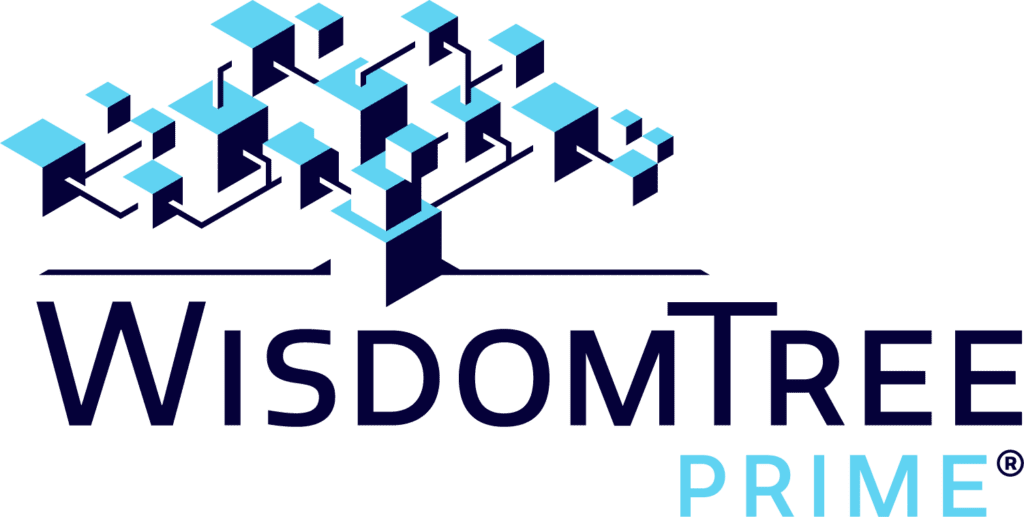How much choice do you have in financial services? Sure, you picked your bank or your broker, but I’d argue that you weren’t really given much choice.
Having choice is everything. Having choice means you’ve got options to pursue outcomes that matter to you. And it’s not just about having theoretical options but those that are practical and accessible.
Ask yourself how well your various finance apps integrate with each other. Could you be bothered to change banks? Does your broker’s website do what you want it to? How often does your broker try to sell you something you don’t want? If the services you depend on don’t offer what you want, there must be a reason no one is building an alternative to try and win your business.
To make this point, let’s think about the characteristics of a system that puts consumers at the center and, consequently, gives them power. I believe these are:
- Ability to change
- Ease of new entrants
- Transparency
- Accessibility
Some systems have these characteristics naturally, and we take them for granted. Consider restaurants: the only real restriction is geography, but otherwise, you’re able to go to whichever restaurant you like. You typically go in with your eyes wide open; the menus are published (in the window/online), the costs are known and there are reviews on the service level. Going to one restaurant doesn’t preclude you from using another restaurant tomorrow. And you also have the choice not to go; you can always stay home and cook. This is the ability to change. As a result, restaurants need to differentiate themselves on things people care about: price point vs. quality, variety vs. specialization, ambiance, speed, level of service and type of cuisine. This differentiation creates a diverse space to choose from. You can pick what you want or walk away—it’s up to you.
Now imagine a world where the only place you can buy food is a restaurant. And to run a restaurant, the owners need to put up millions of dollars as collateral. AND they need a license to run the restaurant, and getting that license took 12 months at a minimum. AND to be profitable, they have to run hundreds of restaurants to achieve scale. Every restaurant would be basically the same, and there would be no pressure to serve you better as you are a captive consumer who needs the service.
Of course, restaurants are fundamentally different from financial services, but this thought experiment helps us think about how constraints in the financial services space limit the amount of choice to the consumer. It also helps identify how the consumer can move further away from being the central focus of the industry.
This isn’t supposed to beat up on the established financial firms (too much). I actually don’t think this state of affairs is their fault—the technology they are built on has limitations and regulations. These regulations, which are designed to limit risk in the system and protect consumers, have second-order effects of making it very expensive for competition to enter the market and causing operating to be profitable only when done at a massive scale.
The legacy financial services ecosystem is largely homogenized at this point. The way firms do business is well established, and the barriers to entry are high, so competition from new entrants in the legacy system is basically impossible. So, you pick whoever offers the best rewards at the time or one whose corporate brand speaks to you. And then that institution tries to cross-sell you all their other services because it will be much easier for you to use their overpriced offering than go through another significant onboarding process.
Having a bank and an online broker isn’t optional in 2022; they are required to participate in the modern world. So, where’s your choice in all this? There isn’t much, really. There is little competition in the legacy system. There is little incentive to draw you in because you can’t really walk away.
This is what a financial services system built on blockchain technology with DeFi (decentralized finance) principles would fundamentally solve for. This alternative is an accessible ecosystem facilitated by a fundamentally new way of storing and transferring value that removes dependence on large intermediaries. It gives people the ability to change. It also creates a highly connected system with substantially lower barriers to entry, one where the user has more direct control of their money and assets. This is an ecosystem where moving your business from one provider to the next requires the same amount of effort as moving money between accounts does today. And being internet-native, as well as built on open-source protocols, provides an extremely high level of transparency over what’s available.
Once this alternative is available, you can vote with your feet. This means service providers will need to attract you to their offering, and new players will always be able to push the incumbents. This is what creates choice. Firms will hone in on in the value they can add with focus and specialization. That leads to a more differentiated ecosystem and, in turn, enables consumers to choose an offering that makes sense for them based on their individual circumstances.
A financial services system built on blockchain technology with DeFi principles would fundamentally solve for this.
Again, I’m not condemning anyone involved in the ecosystem today or accusing anyone of complacency or acting maliciously; the current system has developed organically over the last 100 years or so and, to be fair, is the most accessible ecosystem in history. It has done a lot to spur collective savings and investments and given rise to broader retail participation. I’m not saying what we have now is bad, per se; I’m saying we can’t take it any further with the current way of doing business. Where we are now is symptomatic of a system that has reached its limits, its golden years—and it’s time to start retirement planning. There’s a better way—one with the power of choice.







